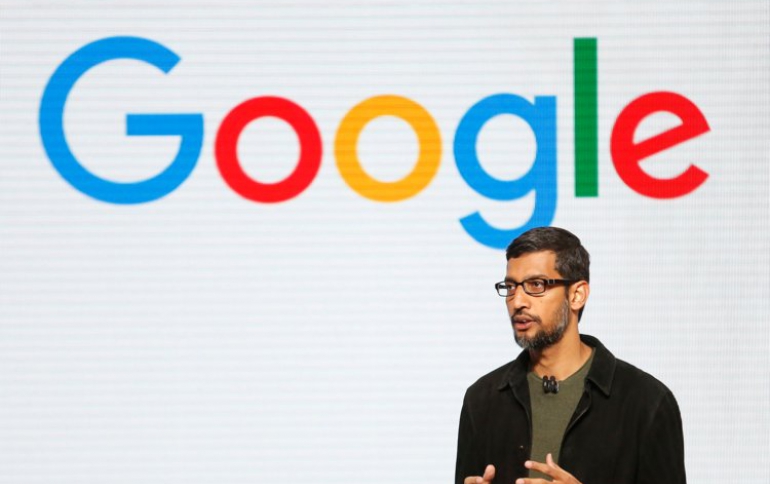
Google Wins Online Library Case
Google is not violating copyright laws by digitizing books for its online library, a federal appeals court ruled Friday, rejecting the Authors Guild's claim.
The 2nd U.S. Circuit Court of Appeals in Manhattan agreed with a judge who concluded that the snippets Google showed customers from its database did not violate copyright laws.
Google has made digital copies of millions of books from major libraries and established a search function. Back in 2013, a court ruled that Google digitization millions of books did not violate copyrights because the Mountain View, California-based company only showed short sections of the books in its database. The appeals court agreed, saying: "Google has constructed the snippet feature in a manner that substantially protects against its serving as an effectively competing substitute for plaintiffs' books." "Snippet view, at best and after a large commitment of manpower, produces discontinuous, tiny fragments, amounting in the aggregate to no more than 16% of a book. This does not threaten the rights holders with any significant harm to the value of their copyrights or diminish their harvest of copyright revenue." In the process, the Court also confirmed that: fair use promotes "copyright’s very purpose." The Court reminds us what that purpose is: The ultimate goal of copyright is to expand public knowledge and understanding, which copyright seeks to achieve by giving potential creators exclusive control over copying of their works, thus giving them a financial incentive to create informative, intellectually enriching works for public consumption . . . Thus, while authors are undoubtedly important intended beneficiaries of copyright, the ultimate, primary intended beneficiary is the public, whose access to knowledge copyright seeks to advance by providing rewards for authorship. Finally, the court found that Google’s role in providing digital copies to libraries is not infringing: If the library had created its own digital copy to enable its provision of fair use digital searches, the making of the digital copy would not have been infringement. Nor does it become an infringement because, instead of making its own digital copy, the library contracted with Google that Google would use its expertise and resources to
make the digital conversion for the library’s benefit. The Authors Guild and various authors had challenged Google in 2005, contending that the digital book project violated their rights. . They said they would seek review from the Supreme Court.




















